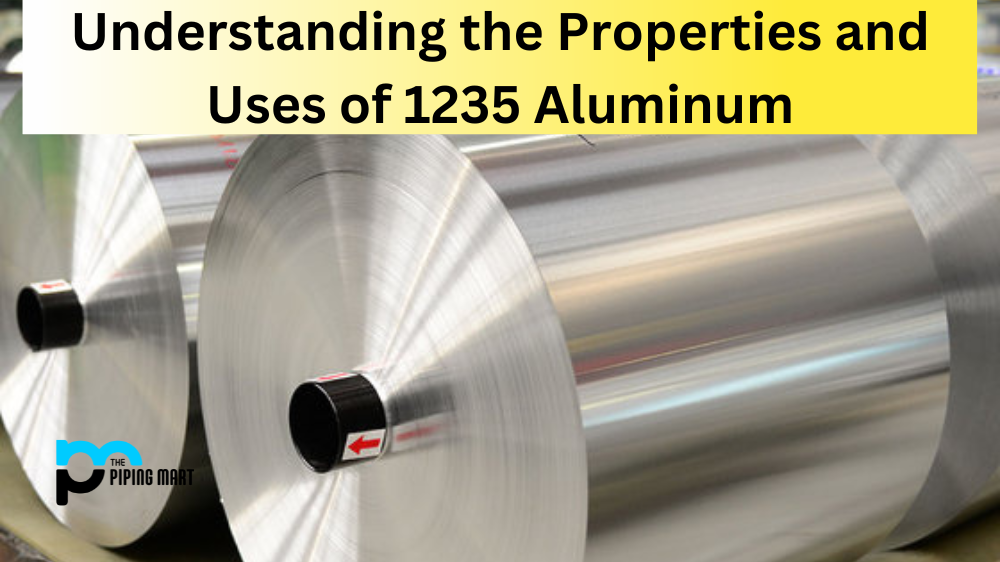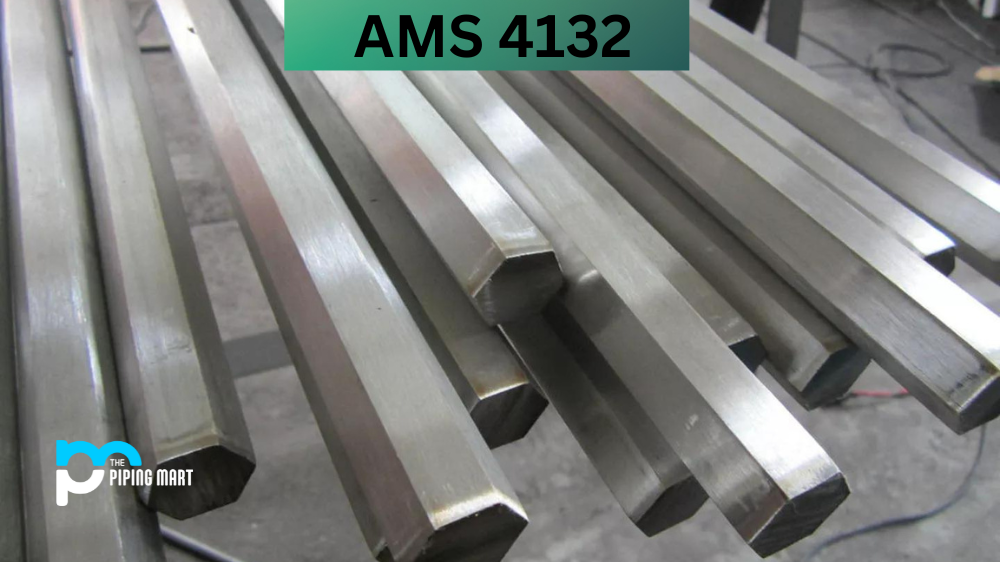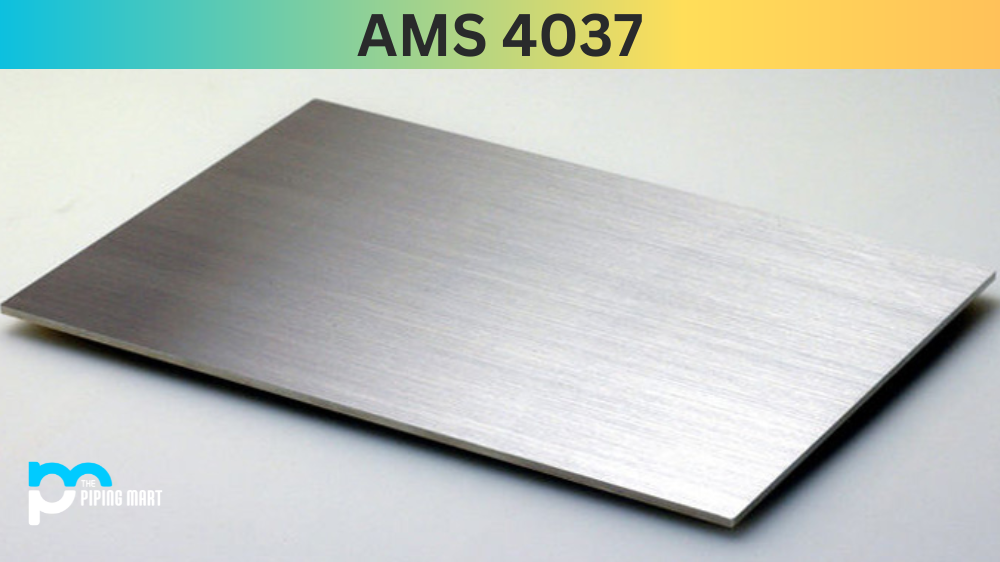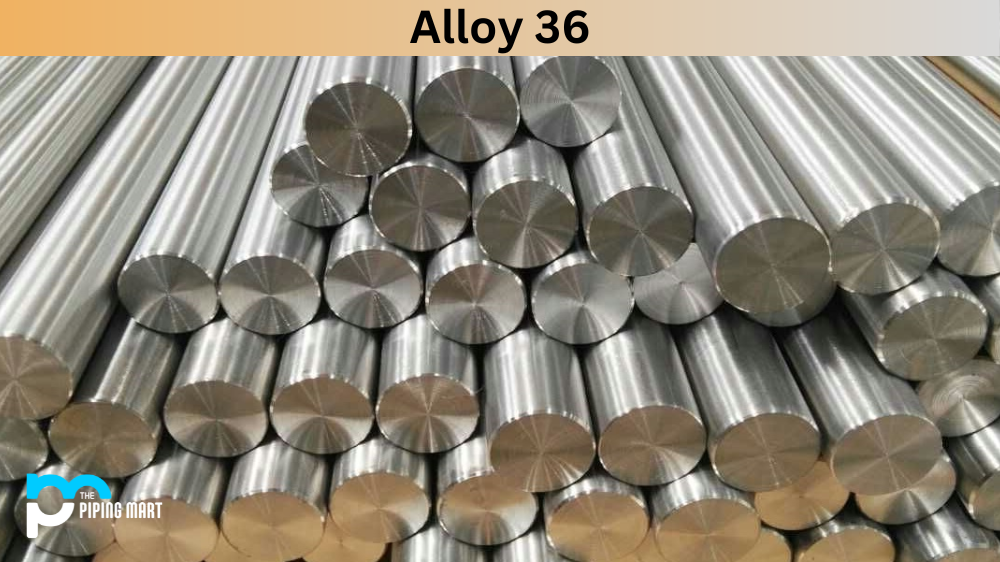Aluminum is a versatile metal widely used in many industries for various purposes. Among the many types of aluminium, the 1235 aluminium alloy is one of the most popular and widely used. 1235 aluminium is a pure aluminium alloy with high resistance to corrosion and excellent flexibility. In this blog post, we will explore the properties and uses of 1235 aluminium to understand why it is valued so highly in different applications.
1235 Aluminum Composition
1235 aluminium is an alloy comprising 99.35% aluminium and 0.65% other elements. The composition of 1235 aluminium makes it an excellent electrical conductor, lightweight, and corrosion-resistant. Adding other elements to 1235 aluminium improves its properties, such as resistance to heat and strength.
1235 Aluminum Physical Properties
The physical properties of 1235 aluminium are impressive, making it an ideal material for many applications. The density of 1235 aluminium is 2.71 grams per cubic centimetre, and its melting point is 660 degrees Celsius or 1220 degrees Fahrenheit. It has a low thermal expansion coefficient, which means it can withstand temperature changes without deforming or cracking. Additionally, it has a high reflectivity, making it suitable for reflective surfaces and decorative purposes.
1235 Aluminum Mechanical Properties
The mechanical properties of 1235 aluminium make it an ideal alloy for many applications. It has excellent flexibility, allowing it to be drawn into thin wires and sheets without cracking or breaking. Its high tensile strength and great formability make it ideal for packaging and household items such as foil containers and wrapping papers.
1235 Aluminum Uses
1235 aluminium has many uses in different industries. The foil industry uses it to manufacture household foil, aluminium wrap, and foil containers. It is also used in the electrical industry to make electrical cables, capacitors, and transformers. The food packaging industry uses it for containers, bottle caps, and other packaging applications. The construction industry uses it for roofing and siding due to its reflectivity, corrosion resistance, and lightweight properties.
1235 Aluminum Hardness
The hardness of 1235 aluminium is relatively low due to its high flexibility. It has a Rockwell hardness of B40, considered very soft compared to other alloys. However, this softness makes it an ideal material for wrapping paper and foil products that require easy folding and shaping.
1235 Aluminum Heat Treatment
1235 aluminium does not require heat treatment due to its composition and properties. However, annealing may improve its ductility and formability by eliminating internal stresses and softening the alloy.
Conclusion
In conclusion, 1235 aluminium is a versatile alloy with excellent properties widely used in different industries. Its composition, physical and mechanical properties make it ideal for electrical, food packaging, construction and many other applications. Its corrosion resistance, ductility, and formability make it an attractive choice for many industrial and commercial applications.

Abhishek is a seasoned blogger and industry expert, sharing his insights and knowledge on various topics. With his research, Abhishek offers valuable insights and tips for professionals and enthusiasts. Follow him for expert advice on the latest trends and developments in the metal industry.




